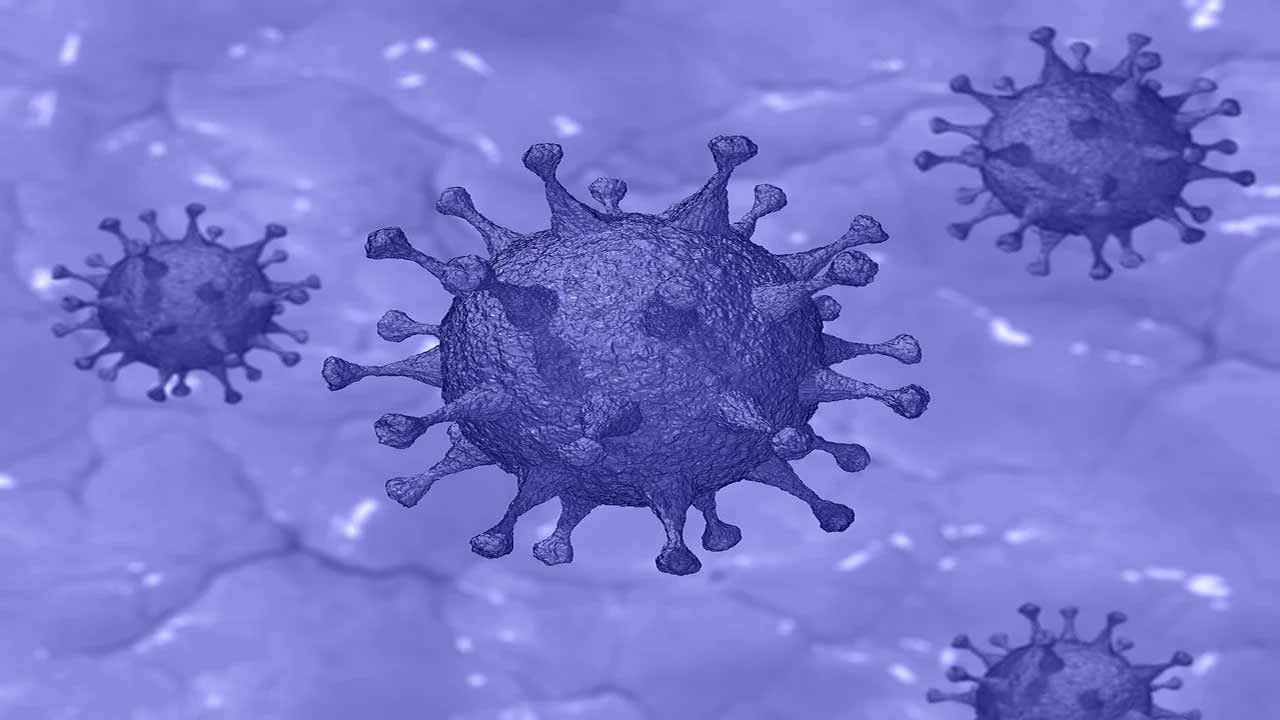By- Dr Swadeep Srivastava
The world seems to be suddenly going ‘Green’. The coronavirus pandemic has triggered a ‘Green Revolution’ pushing the red and yellow vitamin pills away from the medicine chest. The new mantras are Go Green and Holistic Health.
Baba Ramdev’s announcement of a Ayurvedic Cocktail as a remedy for Coronavirus and then his stepping back from the claim after objection from ICMR & other govt. regulating authorities opens up a Pandora’s Box on the long awaited ‘regulatory protocols’ standardization for the AYUSH Foods, supplements & medicines.
It is a welcome sign that people have started understanding the importance of nature and natural immune boosters derived from plants and herbs. But what needs flagging here is that all that is green is not a sure-shot remedy or a green signal to preventive care.
The global Covid-19 pandemic has resulted in an explosion of the Green Market. And herein lies both an opportunity and a danger. Messages are being peddled on various social media platforms and websites that there are remedies for Covid, boosting of the immune system and holistic health that would be a shield against diseases in the future.
Our world is suddenly flooded with green solutions for better health. It would be wise and prudent to regulate this exploding Green Market at the initial stage itself. This is because in the shadow of pandemic fear, every claim will be seen as a ray of hope without realising that there may be fly-by-night operators in the market.
The Ministry of Ayush should device a process to regulate products cascading into the Green Market with all sorts of claims. A certification process can be the starting point. Already the remedies that can help in fighting the pandemic and other ailments have to come through an Ayush stamp of approval. But what about those herbs and greens being marketed with a promise to boost the immune system or the ones that keep you away from ailments?
But there is a catch. The western world has been demanding scientific proof through clinical and human trials to prove the efficacy of some natural remedies and validate claims that the natural products can indeed boost the immune system.
There is also a demand on how natural are these natural products. Do these products come with some active ingredients that are questionable or have some long-term side effects?
Labelling is another issue. Major companies marketing natural remedies do come with labels, dosage and precautions. But there are many who get away with fanciful claims.
However, it may be difficult to put the process of scientific validation through the western eyes or protocols. This is because the Indian system of medicine followed a different method which produced the desired results.
More study is needed on how these results were achieved, not necessarily through the Western methodology. For example, in Ayurveda, it is mentioned that certain herbs should be plucked only during the full moon or from certain regions or during specific months and climates. How does one validate this unless there is proper research? Indian Ayurvedic and Siddha gurus used a method to find out the efficacy of plants and herbs that modern science is yet to comprehend.
But the bottomline is that the drugs produced results.
The Ministry of Ayush should collaborate with researchers to find a common meeting point to take this further.
While saints and gurus of yore were selfless in their quest for remedies and preventive medicines, the world today is a different place. ‘Experts’ and gurus are now not always a motivated lot. There are many who are here to make a quick buck, especially when the holistic market is set to boom.
One positive point is that people have become consciousness on personal health and wellbeing following the outbreak of Covid-19. The new generation is moving from ready-to-cook packets and home-delivered hotel foods to mom’s meals.
The pandemic is now bound to create a new normal as wellness and holistic health evolve across the globe.
Nobody has a clue on how large the health and wellness products segment is; or its growth over the next decade. All we know now is that the millennial population is now ready to alter their lifestyles for the better as people make a conscious decision to shift from ready to eat to ready to listen and change.
Adding to his movement is the social media platform. Health and wellness brands are using WhatsApp, Webinars and other means to promote a healthy lifestyle. All for the good, but again, as mentioned earlier, regulation is the need of the hour.
Brands should first cultivate trust. Breach of trust will only ruin the segment that has started seeing the sunshine. It would also keep insurance companies away.
It is time for brands that market natural medicines, preventive care and promote wellness to reboot post pandemic as the demand for preventive and wellness products would get amplified with consumers re-calibrate their approach to holistic health.
(Dr. Swadeep Srivastava is Principal @ Heal Health Connect Solutions (www.hhconnect.in), Founder & Chairman- HEAL Foundation, India’s only Health Writers, Editors & Bloggers Network. He can be contacted at drswadeep@hhconnect.in.)











